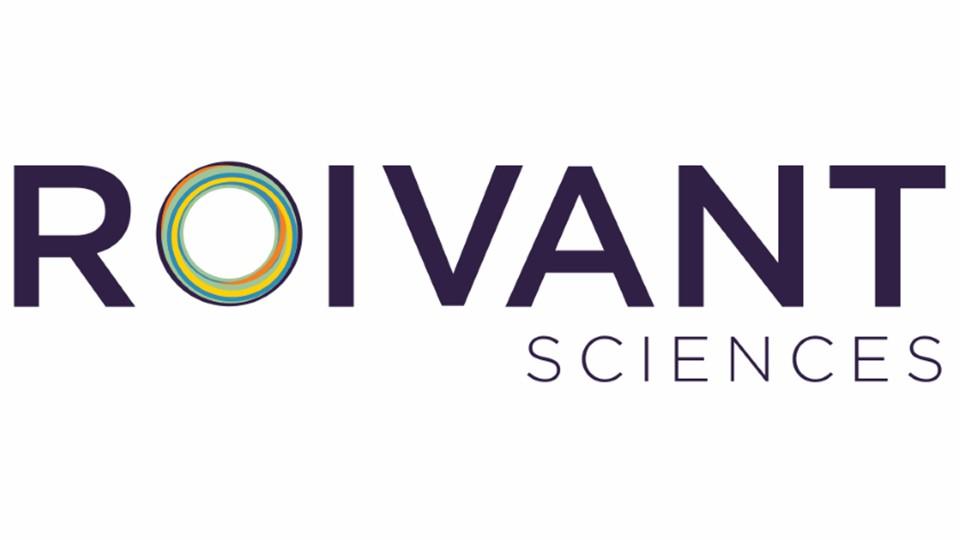Roche eyeing $7bn deal to buy Roivant drug; report

Roche is reported to be in the final stages of negotiating a deal with Roivant for an inflammatory bowel disease (IBD) candidate that could be worth up to $7 billion, according to media reports.
The Wall Street Journal has said that the Swiss pharma group may be on the cusp of agreeing to take control of Roivant’s RVT-3101, a monoclonal antibody targeting tumour necrosis factor-like ligand 1A (TL1A) that has the potential to become a first-in-class therapy for Crohn’s disease and ulcerative colitis.
According to Roivant’s pipeline listing, the subcutaneously-administered drug – which is being developed by Roivant’s Telavant subsidiary – is starting phase 3 testing for ulcerative colitis and is in a phase 2 trial for Crohn’s due to read out next year.
In June, Roivant said that the drug showed preliminary evidence of efficacy in the phase 2b TUSCANY-2 trial in ulcerative colitis, with “clinically meaningful” improvements in clinical and endoscopic remission rates at 56 weeks, and was also safe and well-tolerated.
Citing people close to the matter, the WSJ reported that an agreement would be announced “in the coming days”, prompting Roivant’s share price to rise around 17% in after-hours trading after a 1.6% gain on the day. The paper suggested, however, that other potential suitors may come forward with offers for RVT-3101.
Last December, Telavant was formed as a joint venture between Roivant and Pfizer, which originally developed RVT-3101 under the PF-06480605 banner and started the TUSCANY-2 trial. Pfizer owns a 25% stake in the unit and has a similar arrangement with Roivant for autoimmune disease subsidiary Priovant.
At the time, that decision raised some eyebrows, as Pfizer is already a player in ulcerative colitis with JAK inhibitor Xeljanz (tofacitinib), as well as biosimilars of older TNF-alpha inhibitors, which are one of the mainstays of biological treatment for IBD.
Up to a third of patients treated with current TNF-alpha-drugs such as AbbVie’s Humira (adalimumab) and Johnson & Johnson’s Remicade (infliximab) experience treatment failure, and the potential to address that problem has led some analysts to suggest that RVT-3101 could be a future blockbuster.
The drug has the advantage of less frequent, once-monthly dosing compared to TNF antibodies and, theoretically at least, broader activity against TNF. Meanwhile, Telavant also has an option on a follow-up anti-TL1A candidate developed by Pfizer in early clinical development.
If a deal with Roche is forthcoming, it would be the biggest transaction for the Swiss company under new chief executive Thomas Schinecker, who took over from Severin Schwann in March. And if the rumoured deal value is correct, it would approach the entire market capitalisation of Roivant, currently running at around $8.9 billion.












